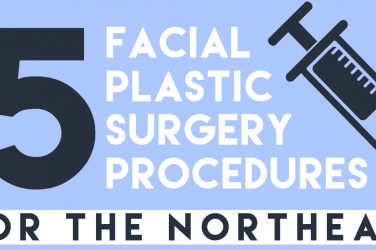With age may come limitations in mobility and a heightened need for support and comfort. Assistive devices, made possible by technology innovations and a culture of caring for our senior loved ones, help older adults, and those with limited mobility and various health conditions, stay safer, lower the risk of injury, and live their daily lives with enhanced support and comfort. Assistive devices also increase independence because individuals are not as reliant on others to help them perform certain functions and activities. If mobility and safety is of concern to you or your loved one, the following information on assistive and comfort devices available may be helpful.
Private, in-home health services, delivered by appointment, or through live-in Caregivers, can provide seniors with individualized care plans to suit their needs. Dedicated and compassionate professionals like those at Integracare will collaborate with Clients, their families, and the community to design care plans to support a range of health issues and limited mobility. They can also help with the purchase or rental of assistive devices.
Some examples of assistive devices, mobility aids, and comfort devices are as follows:
- Wheelchairs, walkers, canes, motorized scooters, crutches, prosthetics, and orthotics, support mobility for those with disabilities or injuries
- Activator poles improve balance and movement by bearing weight with an ergonomic design
- Chair lifts, slings, transferring aids, hydraulic lifts, and track lift systems
- Computer programs and hardware can assist with voice recognition, provide screens to read, enlarge screens
- Commodes and toileting devices
- Breathing aids like ventilators, CPAP and BiPAP machines, pulse oximeters, and cough assists
- Hearing aids come in several varieties like invisible, in the ear, in-canal, behind the ear, one-sided; those that help with tinnitus, have smartphone connection, and contain AI.
- Comfortable wireless headphones to better hear media across the room
- Closed captioning helps the hearing impaired enjoy entertainment and media
- Page turners, book holders, pencil and pen grips, and other educational devices help with learning
- Waterproof medical alert devices to call for help in case of a fall or other accidents that can be taken into the shower
- Items for the home include shower seats and bath tub handle bars; enhanced kitchen tools and accessories provide comfort for those with arthritis; bed handle bars with a non-slip grip; button hooks that help with dressing; medication organizers with alarms; comfort items like ultra soft pillows, weighted blankets, mattress toppers, and hospital-style beds; reaching and grasping implements
- Assistive technology can also be found in infrastructure like wheelchair ramps, lifts, door openers, handles and bars, elevators, widened doorways, halls, and accessible room designs
An in-home Caregiver can assist with adaptation to these new technologies and getting used to integrating them into you or your loved one’s daily activities. There is also support available to find non-prescription pharmacy and medical supplies through a Caregiver or other Registered Professional.
There are government programs available to help with financial assistance for medical and assistive devices. Search for details specific to your geographical area, province, state, or country for more information on the rules and guidelines and if they apply to your or your loved one’s circumstances.







